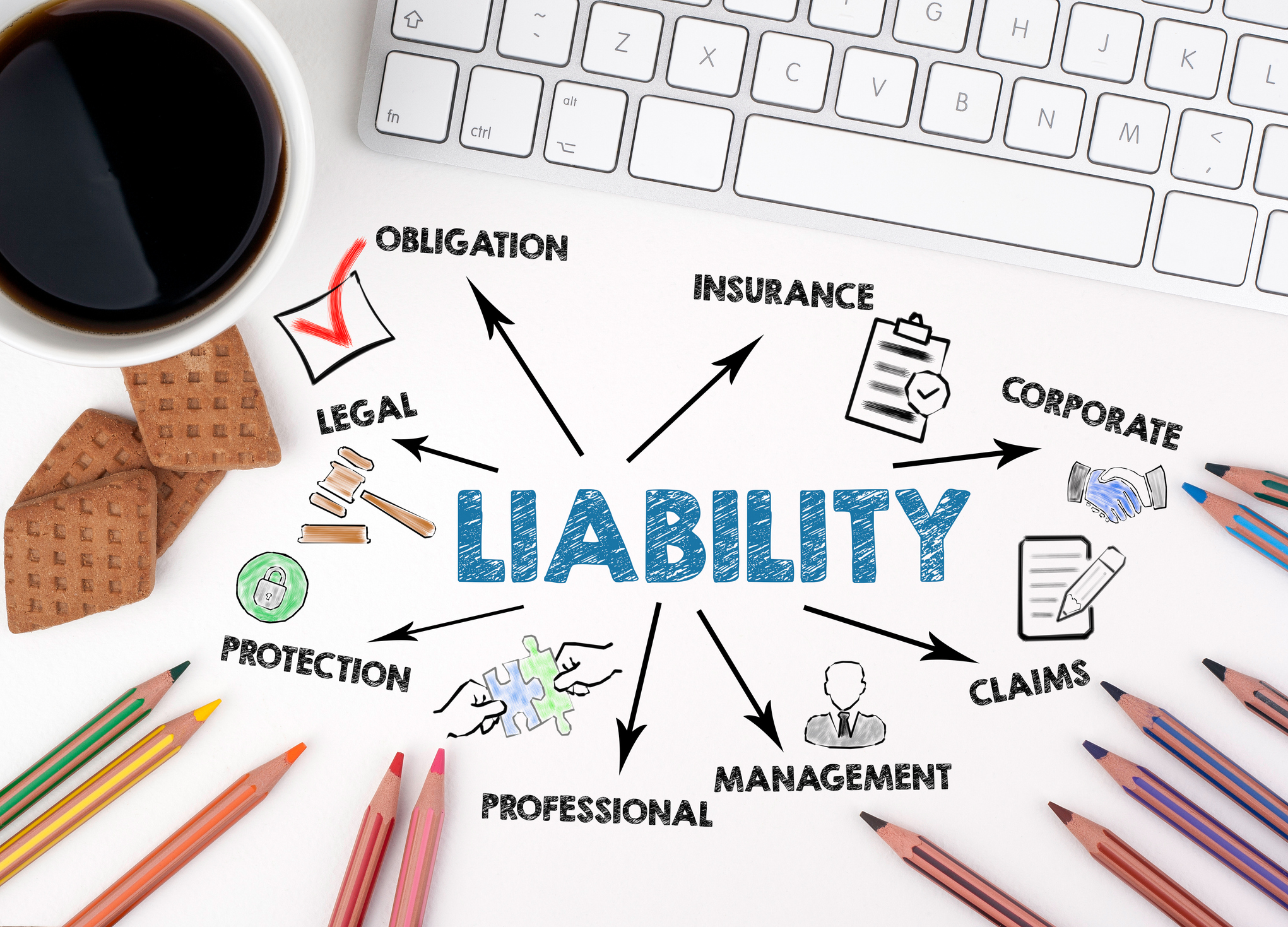September/October 2017
Legal Beat
Failure to Pay, Design Delegation Rules
BY ARTHUR SCHWARTZ, DEPUTY EXECUTIVE DIRECTOR AND GENERAL COUNSEL

Question: I am a professional engineer in private practice. Recently, I prepared a set of drawings, plans, and specifications for a client who failed to pay me for my services but nevertheless hired another professional engineer and used my work on the project. Do I have a legal remedy? (Indiana)
Answer: You may—assuming you have a carefully drafted written agreement with your client that provides your client with a nonexclusive license to use the drawings, plans, and specifications you prepared, but which is automatically terminated for nonpayment of your fees.
This point was recently illustrated in Eberhard Design Professionals v. Bogart Design Architecture Inc. et al., 314 F.R.D. 567 (2016). In this case, a project owner failed to pay its design professional and, thereafter, the design professional terminated its contract for default and terminated the owner’s nonexclusive license to use the design professional’s documents. The owner and its new design professional and contractors continued to use the documents over the protest of the design professional. In response to the design professional’s lawsuit, the defendants moved to dismiss the complaint alleging that the payment requirement of the contract was a mere “covenant” upon which the design professional could sue for damages, but was not a “condition precedent to the existence of the nonexclusive license,” thereby permitting the owner to continue to use the design professional’s documents.
The court concluded that although the nonexclusive license came into existence “upon execution” of the agreement before payment was due, the contract also expressly provided for “termination” of the license for subsequent non-payment. In other words, the parties agreed by contract that the license could be revoked.
The lesson is to make sure you have a written agreement with your client that provides your client with a nonexclusive license to use the drawings, plans, and specifications you prepared, but which also automatically terminates for nonpayment of your fees. The EJCDC Standard Form of Agreement Between Owner and Engineer for Professional Services (EJCDC E500, 2014 Edition) Section 6.03 contains very useful language addressing this issue.
Question: I am a professional engineer and I understand that, in response to concerns regarding contractor and fabricator steel connections design work, the state of New York developed specific rules relating to what constitutes acceptable design delegation authority and responsibility by licensed professional engineers in New York. Is that correct, and if so, what do the rules require? (Pennsylvania)
Answer: Yes. In June 1996, the New York State Board of Regents adopted a revision to section 29.3(b) in its rules on unprofessional conduct for the design professions. Under the revisions, certain prescribed activities and procedures by licensed professionals would no longer be considered “unprofessional conduct” under New York law.
The revisions indicated the following:
- It is not unprofessional conduct for a licensed professional to delegate or assign the performance of a professional service through an unlicensed third party, such as a contractor or subcontractor, to another licensee;
- It is not unprofessional conduct for the licensee to whom the work is delegated to accept and perform such work;
- Under these circumstances, the unlicensed third party would not be engaging in illegal practice;
- The work that can be delegated must be limited to work that is “ancillary” to the main project components;
- The licensee delegating the work must specify all design parameters that the design must meet;
- The licensee who has delegated the design function, upon receiving the design, must review and approve the design as meeting the design parameters that were specified and to ensure that the designed element can be integrated into the overall project; and
- A licensee is always responsible for his or her work, even if such work has been endorsed or accepted by another licensee.
Responses are based on questions posed to NSPE Legal Counsel Arthur Schwartz.
Are you an NSPE member with a legal question for this column? Send it to Arthur Schwartz, 1420 King St., Alexandria, VA 22314-2794; fax 703-836-4875; or e-mail [email protected].
These questions and answers do not, in any way, constitute legal advice. Always consult your own attorney before reaching any conclusions or acting upon any information presented in this forum. Also note that legal precedents change. An answer based on a case from several years ago may have a new perspective today.


 Volunteering at NSPE is a great opportunity to grow your professional network and connect with other leaders in the field.
Volunteering at NSPE is a great opportunity to grow your professional network and connect with other leaders in the field. The National Society of Professional Engineers (NSPE) encourages you to explore the resources to cast your vote on election day:
The National Society of Professional Engineers (NSPE) encourages you to explore the resources to cast your vote on election day:




